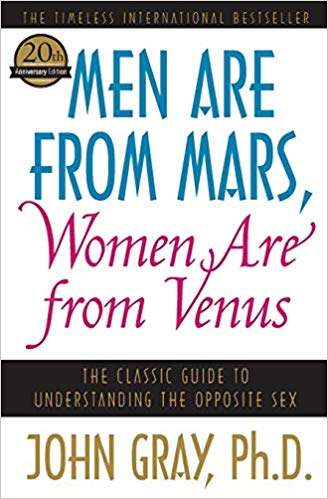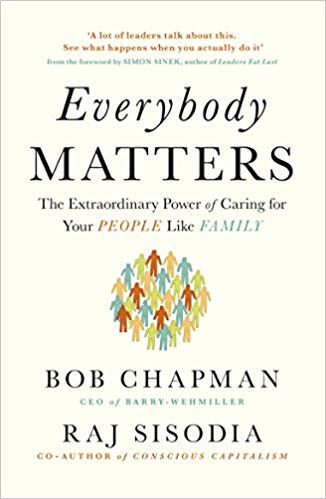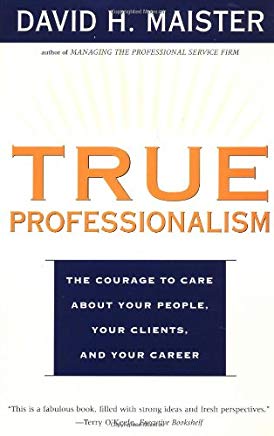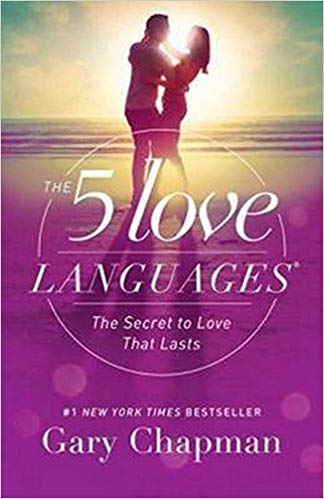“We don’t find soul mates like some shell on the beach. We become them.”
Gretchen Rubin, American author/blogger

Image from Unsplash by Olga Latiy
Are you a fan of reality TV shows like The Bachelor and The Bachelorette?
These shows, and dozens more, are artificially forced scenarios in which men and women are placed together with the hope—and the desire of their viewers—of finding true love and living happily ever after.
Despite the exotic locations, extravagant dating scenarios, and roller-coasters of passion, the vast majority of these couples do not succeed. The percentages are even lower than the 50% divorce rate often described in general conversation and the media.
EXERCISE:
To what degree are you doing your part to give 100% to your relationship, in order to become the soulmates you desire?
Consider studying and practicing the work of John Grey – Men are From Mars, Women are From Venus, or The Five Love Languages by Gary Chapman, for steps to take to realize the more soulful relationships you desire.









